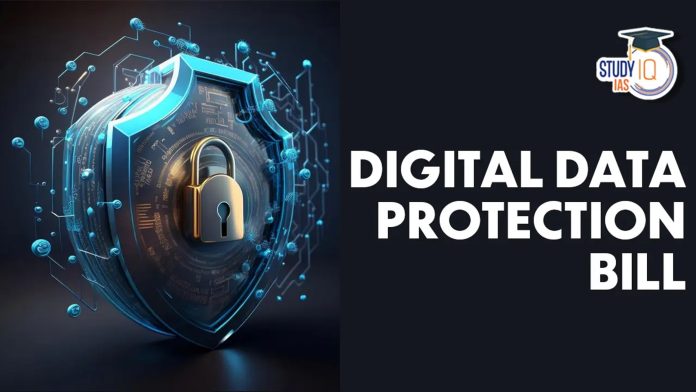- Since digitization efforts have piqued the interest of modern-day governments all over the world, the emphasis on expanding the reach of the information technology medium has only grown, much to the delight of ordinary citizens. Several social welfare initiatives have benefited from cutting-edge information technology-enabled services to reach their intended beneficiaries. In India, one such scheme is the Direct Benefit Transfer (DBT), which has benefited millions of ordinary citizens by depositing cash directly into their bank accounts. Aadhaar, the unique identification number, is widely used in the country for literally everything. Of course, we are all too familiar with digital entertainment mediums.

PC: Neel Govind
- However, because digital mediums have become a go-to handle for all parties involved, there is a slew of shady criminals out there wreaking havoc on unsuspecting citizens by exploiting systemic flaws. We are aware that there are grave dangers in the digital world. This is where the Union Government’s proposed personal data protection bill comes into play. It should be noted that the Digital Personal Data Protection Bill, 2023, was recently introduced in the Lok Sabha. As previously reported, the personal data protection bill this time emphasizes purpose limitation. Nonetheless, the following rules are crucial: You should be aware that the Union Government released its first iteration in December 2019.
- It was followed by more changes following a parliamentary committee study of it and the GOI’s finetuning. Further, the current version is sharper and fittingly places a greater emphasis on the principle of purpose limitation when personal data is collected for processing. Moreover, it has other positive features, such as the recourse to mediation in the event of a dispute. The GOI independently introduced a mediation bill this week. That said, it’s hard to reach a firm conclusion on the personal data protection bill. It’s because essential operative parts will follow in the subordinate legislation, or rules, that the GOI will draft later. For instance, an entity collecting data that seeks consent or informs a victim of a personal data breach has been left to the rules. Thus, the authorities will determine the efficacy of the legislation.

PC: Freepik
- A closer examination of the bill will reveal three notable features. Data misuse is prevented by purpose limitation. The bill recognizes that people frequently unwittingly consent to provide more personal data than is required. A food delivery app, for example, may request the phone contact list in its fine print. The bill specifies that even if consent is given inadvertently, purpose limitation will apply. As a result, the app will be unable to access the phone’s contact list. People have the right to have their data erased. Yes, privacy is a basic human right. This needs to be thoroughly debated in Parliament. The bill must be passed quickly. There is a massive amount of personal data out there that must be adequately protected.






